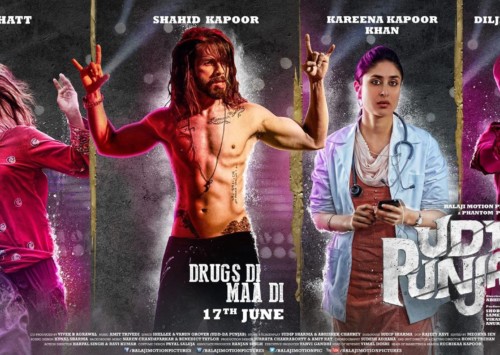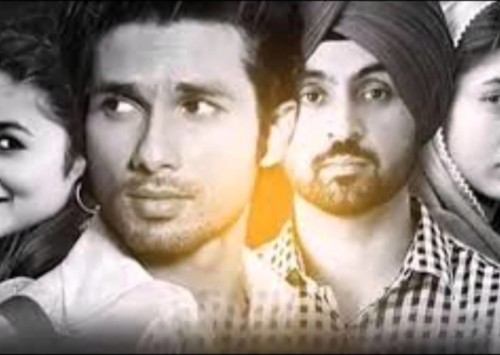Movie review: Pink

Pink shows you the darker side of India’s capital city, New Delhi – a far cry from the beautiful locales one generally relate to – where three regular working women are subjected to endless harassment
While the Indian film space is gradually getting used to a diverse set of subjects, sometimes uneasy social commentaries like Pink come as a much-needed guidebook underlining issues such as prejudices against women and their degree of freedom in the patriarchal Indian society.
The 136-minute courtroom drama strives to explain what some men may find hard to understand – a ‘no’ from a woman means exactly and resoundingly a ‘NO’. India, among other countries around the world, is striving to eliminate preconceptions about the ‘modern working women’. Pink shows you the darker side of India’s capital city, New Delhi – a far cry from the beautiful locales one generally relate to – where three regular working women are subjected to endless harassment, solely based on some prejudices that define a so called ‘good woman’. Not only the physical abuse, the film delves into the profound emotional breakdown and mental trauma that the women go through during and after sexual molestations that take place in different forms.
Social Circus
Suspense and frustration lingers from the very first scene showing a mirror to the pathetic chauvinism of the society that the audience is a part of. The audience is perhaps put in the same position as that of the judge (Dhritiman Chatterjee) in the movie, with no prior information about the event. As the circumstantial evidences go against the women charged grievously for an attempted murder, intimidation and prostitution, the audience is left guessing before an unmatched courtroom drama unfolds.
The story revolves around a chance encounter at a rock concert in Delhi between the three fun loving, adventurous women, Minal (Taapsee Pannu), Falak (Kirti Kulhari) and Andrea (Andrea Tariang) and three men out of whom Rajveer Singh (Angad Bedi) is the nephew of a powerful politician. Accusations and confessions are all we can rely on to predict the events that may have taken place at a resort in Faridabad (South Delhi) that night between the six of them.
While the first half of the movie is a harsh reality, depicting how outrageous a group of men can become when challenged by a woman; the second half sees a retired lawyer – Deepak Sehgal, played by Amitabh Bachchan, formulating a meticulous ‘safety guidebook’ for women while taking up the case as Minal’s solicitor (the prime victim and suspect in the film).
Questions worth being asked
The film takes a deep and long look at the intricacies of the socio-political position of Indian women and how they are still categorised on the basis of their dressing, drinking habits, friendly behaviour and/or ‘when they return home’. The film was punctuated by apt performances by the entire cast, with a special mention for Amitabh Bachchan, who pulls out another jaw-dropping act to add to his depthless list of classic performances.
The film successfully brings a balance between the other major characters, depicting the various faces from our own neighbourhood. The landlord who refuses to buy gossips about his female tenants or the politically influenced, insensitive female constable add value to the realism of the film as does the considerate judge and the cunning, manipulative public prosecutor.
Directed by Aniruddha Roy Chowdhury with Shoojit Sircar being a part of the creative mix, the movie sarcastically sketches the so-called good girl in India and explains how this one-dimensional characterisation requires careful reviewing. Strategically defining the archaic, shallow mindset of the Indian men as well as women, the film offers us food-for-thought. Like when the retired lawyer states in one of his arguments, “If a girl is friendly with a guy at night in a rock concert, her character is questionable and not when she is in a temple during the day!” How do you reason that? Apart from the fact that irrespective of how a girl is dressed or her sexual history, a boy should understand, if she says no, it literally means no.
‘Almost’ a perfect ending
Although the film has a tense plot, it keeps a nice balance with a pinch of timely and occasional witty jokes which come as eye-openers for viewers. However, towards the end, when the lawyer asks his own client to talk about the personal details of her sexual past in a courtroom, it contradicts the theme and brings an anti-climactic closure. Also, the name Pink, referring to girl power, is a little clichéd. A very powerful movie that comes in at the right time and a must watch to say the least.
After all, what’s in a name?












